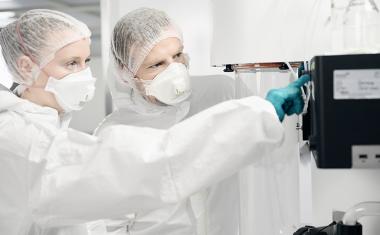Bayer Pulls Contraceptive Implant in US

Bayer has said it will withdraw its permanent contraceptive implant Essure from the US, the last market where it was still available, after repeated claims of injury by users and increasing safety restrictions placed by the US Food and Drug administration (FDA) on its use.
Earlier, the German pharmaceuticals and agrochemicals group pulled the device from the markets in Canada, Europe, South America and South Africa. According to reports, it is facing more than 16,000 lawsuits over claims of pain, bleeding and allergic reactions. In some cases, patients have claimed that the implant punctured the uterus or shifted out of place.
Bayer maintains that the safety of the implant, which consists of two thin nickel-titanium coils inserted into the fallopian tubes, where they spur the growth of scar tissue that blocks sperm from fertilizing a woman's eggs, has not changed. However, it said it will suspend sales by the end of this year due to weak demand.
Billed as the only non-surgery sterilization method for women, Essure was approved by the FDA in 2002 as it was seen to be a quick and easy permanent solution to unplanned pregnancies.










